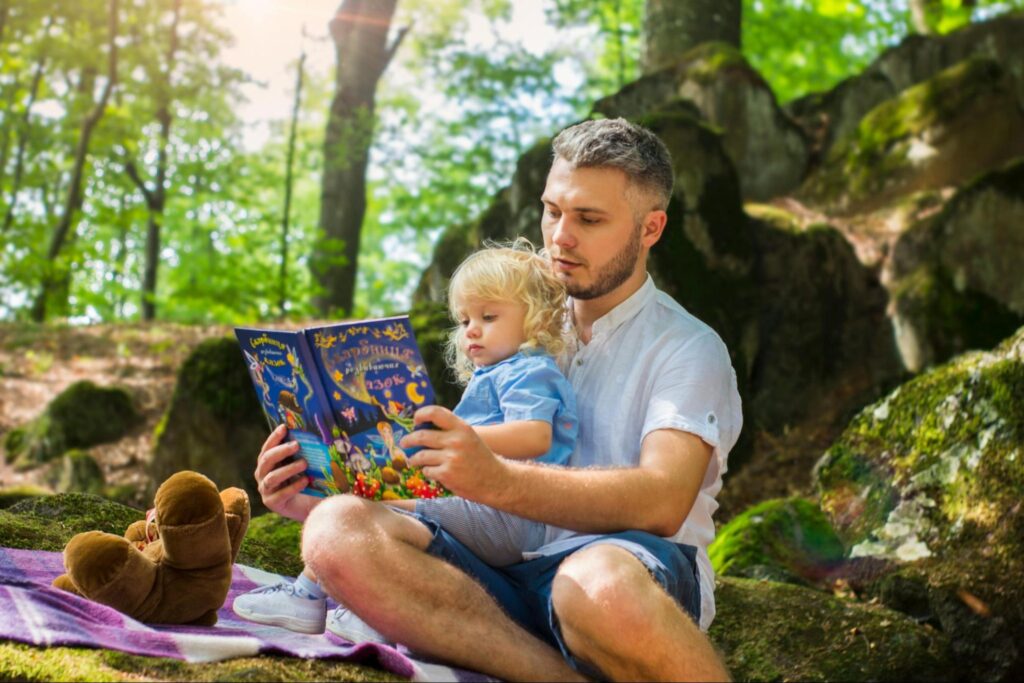Nurturing Stewardship: Conservation Child Development
Conservation Child Development
Conservation child development is a crucial aspect of raising environmentally conscious and responsible individuals. By instilling a love for nature and wildlife from a young age, children can develop a deep appreciation for the world around them. This early exposure can lead to a lifelong commitment to protecting the environment and its precious resources.
Engaging children in conservation activities not only fosters a sense of responsibility but also enhances their cognitive and social skills. Through hands-on experiences like recycling projects, nature walks, and wildlife preservation efforts, children can learn valuable lessons about sustainability and empathy towards all living beings. Conservation child development goes beyond just teaching facts; it cultivates a mindset of stewardship and respect for the Earth that can benefit both the child and the planet in the long run.

Instilling a Love for Nature and Wildlife
Engaging children in conservation activities plays a crucial role in instilling a profound love for nature and wildlife. By immersing children in hands-on experiences like planting trees, recycling projects, or wildlife habitat restoration, they develop a deep connection to the environment. The direct interaction with nature allows them to appreciate its beauty, understand its fragility, and recognize the importance of protecting it for future generations.
Moreover, exposure to wildlife through nature walks, bird watching, or visits to conservation centers sparks curiosity and wonder in children. It opens their eyes to the diverse ecosystems and species that share our planet, nurturing a sense of respect and admiration for the natural world. As they witness the wonders of nature up close, children are more likely to develop a sense of responsibility towards preserving these invaluable resources.
Incorporating wildlife education into child development programs further enhances their understanding of the interconnectedness between humans and the environment. Teaching children about animal behaviors, habitats, and conservation efforts not only builds their knowledge but also cultivates compassion and empathy towards wildlife. This holistic approach to education fosters a lifelong appreciation for the intricate web of life on Earth.

Benefits of Engaging Children in Conservation Activities
- Environmental Awareness: Involving children in conservation activities from an early age raises their awareness about environmental issues.
- Stewardship: Encouraging children to participate in conservation fosters a sense of stewardship, instilling the importance of caring for the planet.
- Empathy and Compassion: Connecting with nature through wildlife activities helps children develop empathy and compassion towards animals and the environment.
- Educational Benefits: Hands-on experiences in conservation activities serve as practical lessons, enhancing children’s understanding of ecological systems.
Hands-On Experiences for Children
Engaging children in hands-on conservation activities allows them to connect with nature on a tangible level. Research shows that practical experiences in the outdoors have a lasting impact on a child’s understanding of environmental issues. These activities involve planting trees, cleaning up beaches, and observing wildlife in their natural habitats.
- Enhanced Learning: Children learn best through experience. Being actively involved in conservation activities helps them grasp important ecological concepts more effectively.
- Sense of Accomplishment: Completing tasks like planting trees or creating birdhouses gives children a sense of achievement, boosting their self-confidence.
- Connection to Nature: By interacting directly with the environment, children develop a deeper appreciation for the natural world around them.
- Skill Development: Conservation activities teach children valuable skills such as teamwork, problem-solving, and critical thinking.
Cultivating a Mindset of Stewardship and Respect
Engaging children in hands-on conservation activities fosters a mindset of stewardship and respect towards the environment. By actively participating in tasks such as tree planting, beach clean-ups, and wildlife observation, children develop a deep appreciation for nature and a sense of responsibility to protect it.
Practical experiences offer children the opportunity to see the direct impact of their actions on the environment. This hands-on approach not only educates them about environmental issues but also instills values of respect, empathy, and care for the world around them.
Through involvement in conservation activities, children learn the importance of preserving natural habitats and biodiversity. They start to comprehend the interconnectedness of all living things and the role they play in maintaining a healthy ecosystem.
These experiences educate children about environmental issues, instilling values of respect and care for the world around them. Involvement in conservation activities also helps children understand the importance of preserving natural habitats and biodiversity, teaching them about the interconnectedness of all living things. Cultivating a mindset of stewardship from a young age is essential for shaping environmentally conscious individuals who will actively engage in safeguarding the environment for a sustainable future.
